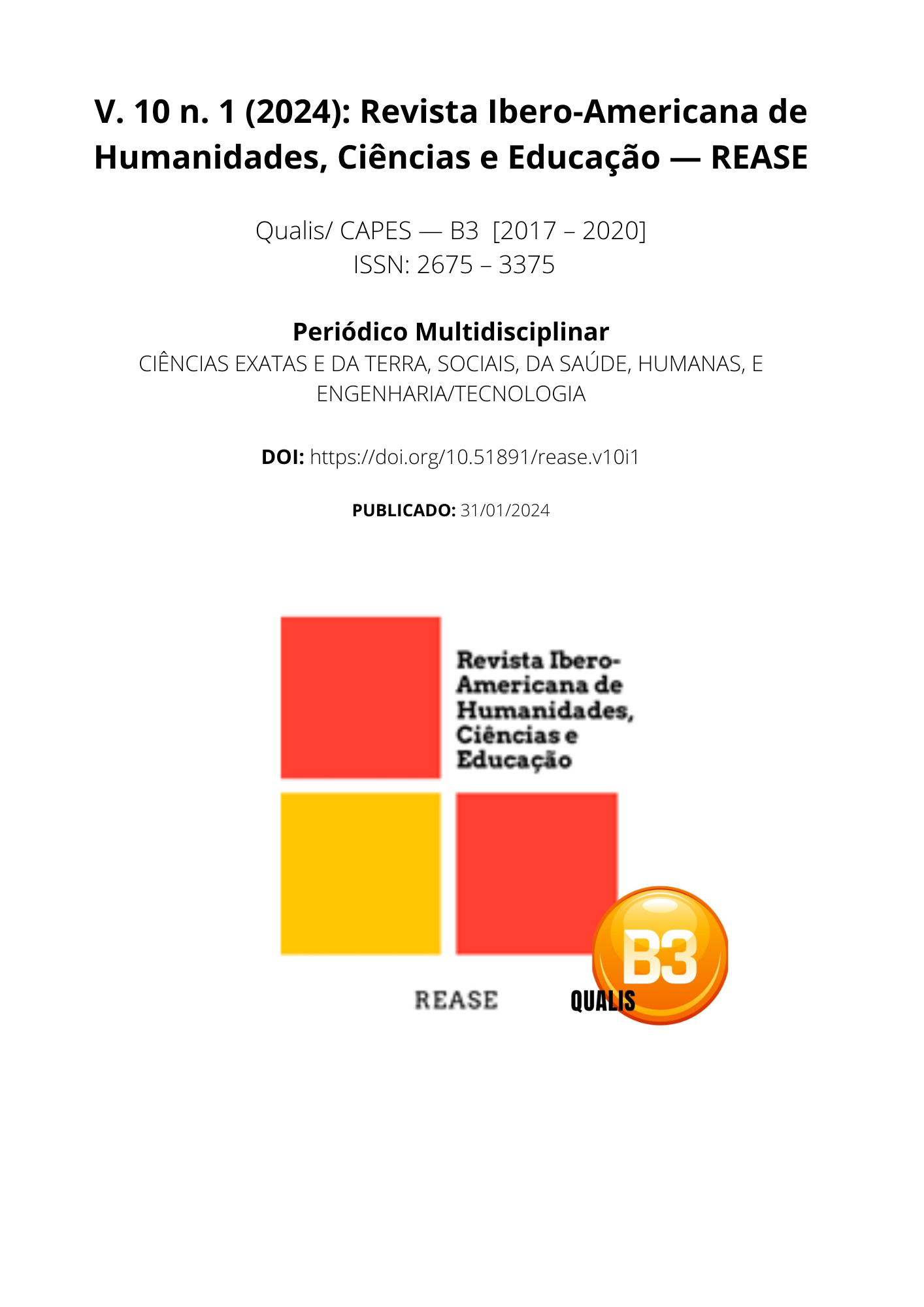SCHOOL PLANNING AS A PILLAR OF EDUCATIONAL MANAGEMENT: EXPLORING TYPOLOGIES AND ANALYZING THEIR RELEVANCE IN PEDAGOGICAL PRACTICES
DOI:
https://doi.org/10.51891/rease.v10i1.12901Abstract
In this qualitative study, our aim is to investigate the role of school planning as an essential component in educational management, emphasizing its importance for the development and effectiveness of pedagogical practices. We highlight that management plays a crucial role in guiding its team through this democratic process, involving the entire school community in the development of school actions with the purpose of transformation. We classify this research as bibliographic, utilizing comparisons of ideas from various authors throughout the work, including Libaneo (2011), Luck (2008), Martins (2010), Saviani (2010), Vasconcelos (2014), and others. In the context of the complexity of the educational scenario, we perceive that school planning can play a continuous and effective role, considering various typologies, to optimize educational management and enhance pedagogical practices. In this perspective, the research seeks to answer the following question: What are the different types of school planning, and how can the act of planning be strategically employed as a fundamental element to strengthen educational management and boost the effectiveness of pedagogical practices? It is essential to highlight that by exploring and analyzing the various typologies of school planning, as well as understanding the act of planning as a crucial element, it will be possible to identify strategies that strengthen educational management, resulting in more effective pedagogical practices aligned with educational objectives.
Downloads
Downloads
Published
How to Cite
Issue
Section
Categories
License
Atribuição CC BY

